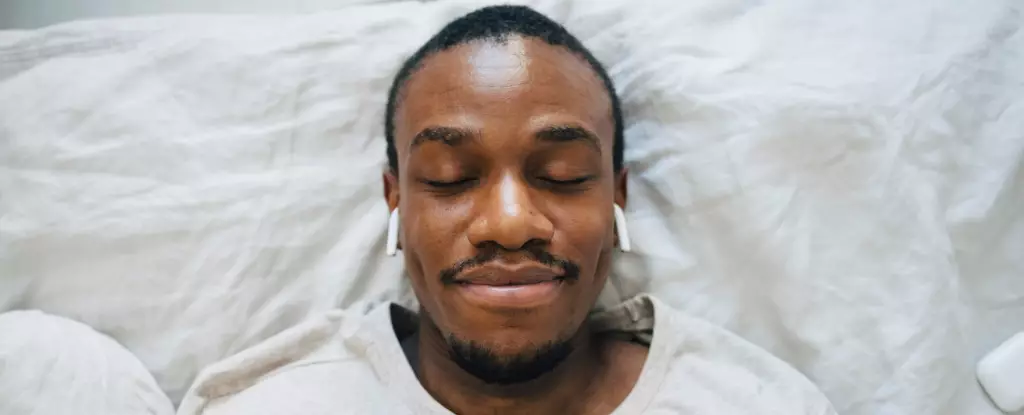For many years, it was widely accepted that the development and growth of the brain predominantly occurred during childhood and early adolescence. This notion stemmed from the idea that, as individuals matured into adulthood, their brains ceased to form new neurons, or nerve cells that play a critical role in transmitting information within the brain. However, a growing body of research suggests that neurogenesis—the process of generating new neurons—continues to occur even in adult brains, albeit at a far more limited pace.
Neurogenesis primarily takes place in distinct regions of the brain, such as the hippocampus, which is crucial for memory formation and learning. The implications of continuing neurogenesis in adults are vast, raising important questions about its contributions to cognitive function and the overall mental health of aging populations.
Despite the emerging evidence that adults can indeed create new neurons, the extent to which this process impacts cognitive abilities remains an area of contention among neuroscientists. Previous studies have indicated that individuals with neurological disorders—such as epilepsy or Alzheimer’s disease—exhibit a diminished capacity for neurogenesis, raising concerns about the potential link between these new cells and cognitive decline. However, the direct correlation between the lack of new neurons and the cognitive impairments experienced by such patients has not been conclusively established.
Research efforts have intensified to elucidate the impact of neurogenesis on cognitive functionality. This nuanced relationship involves more than simply counting the number of neurons in the brain; it encompasses understanding how these new cells integrate into existing neural networks and how they influence various cognitive processes.
A promising new study from a collaborative team of researchers, which combines expertise from various fields, has shed light on the potential involvement of new neurons in adult learning, especially in verbal contexts. By conducting cognitive assessments and surgical interventions on patients with drug-resistant epilepsy, the researchers aimed to correlate the presence of new neurons with specific cognitive outcomes.
The findings were noteworthy: a positive association was discovered between the presence of newly formed neurons and improvements in verbal learning, particularly in the ability to retain information from conversations. This surprising outcome stands in contrast to insights gained from animal studies, where new neurons were primarily linked to spatial learning and navigation.
The ability to listen and remember conversations—in essence, verbal learning—is a vital cognitive skill throughout one’s life. However, the reality of cognitive decline, exacerbated by age and neurological disorders, places tremendous strain on not only the individuals affected but also the healthcare systems tasked with caring for them.
The link between the generation of new neurons and verbal learning capabilities opens the door to innovative treatment strategies. As populations age, finding effective interventions to restore cognitive function becomes increasingly pertinent. The research implies that fostering neurogenesis could be a valuable approach, providing a potential avenue for combating cognitive decline in aging individuals and those suffering from epilepsy or dementia. However, these ideas remain largely theoretical, and there is much work ahead before practical treatments can be developed.
To further explore these interactions between neurogenesis and cognitive function, the research team has initiated a clinical trial that investigates the effects of aerobic exercise on new neuron production and cognitive outcomes in adult epilepsy patients. Currently in its initial phase, the trial seeks to establish the safety of exercise as a potential facilitator of neurogenesis. Early results are promising, with participants successfully completing the trial without adverse effects.
This research reinforces the necessity for human-centric studies in the field of neurobiology. The differences observed between how neurogenesis functions in mice versus humans emphasize the critical need for translating animal research into clinically relevant treatments for humans. While animal models provide invaluable insights, it’s crucial that these findings are validated through human studies to ensure their relevance and applicability.
As we navigate the complexities of brain health and cognitive function, it’s essential to foster an interdisciplinary approach that bridges laboratory research and clinical applications. By prioritizing ongoing explorations into neurogenesis and its ramifications, we can strive toward enhancing cognitive health and quality of life for individuals throughout their lifespans, paving the way for brighter cognitive futures in aging populations.


Leave a Reply